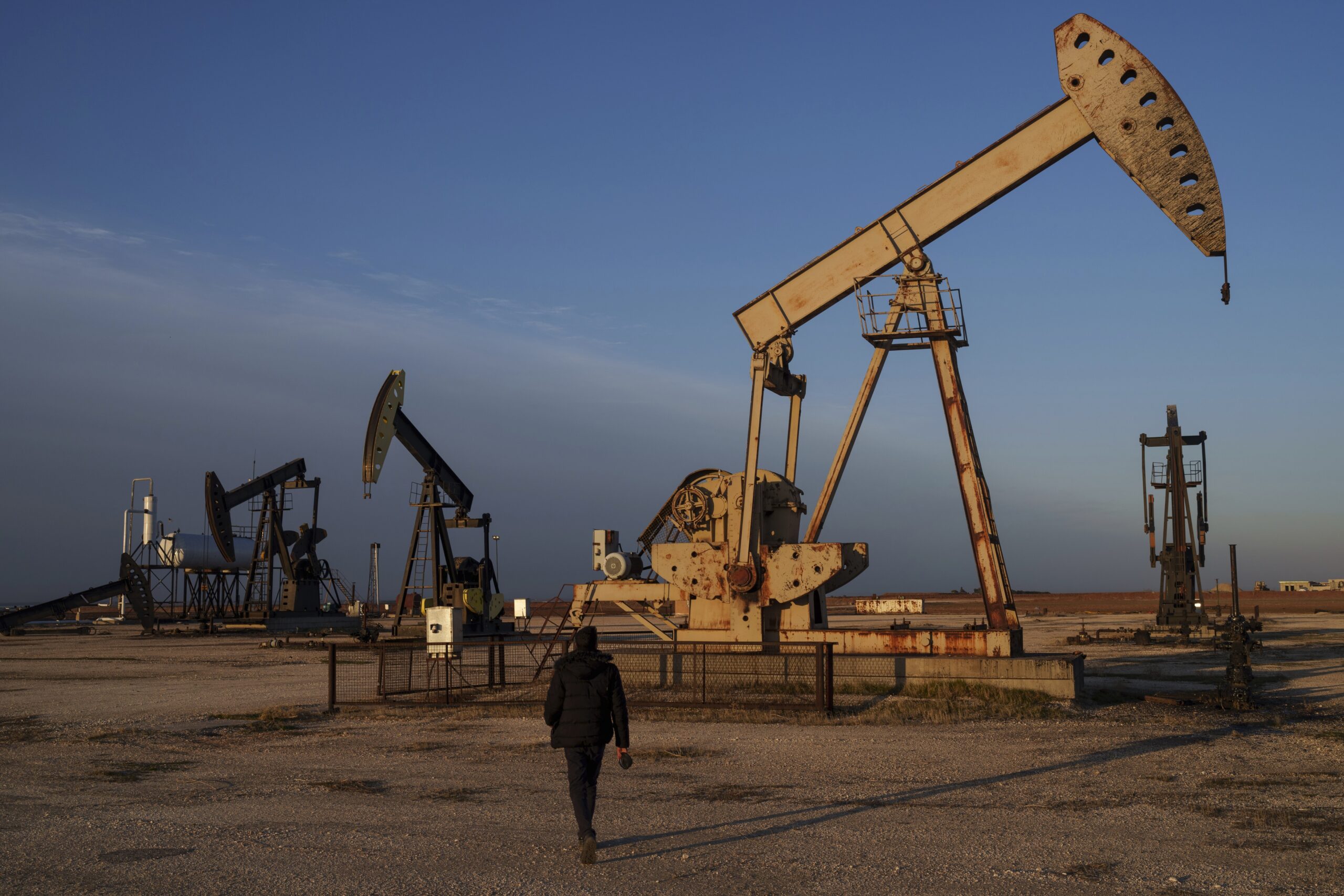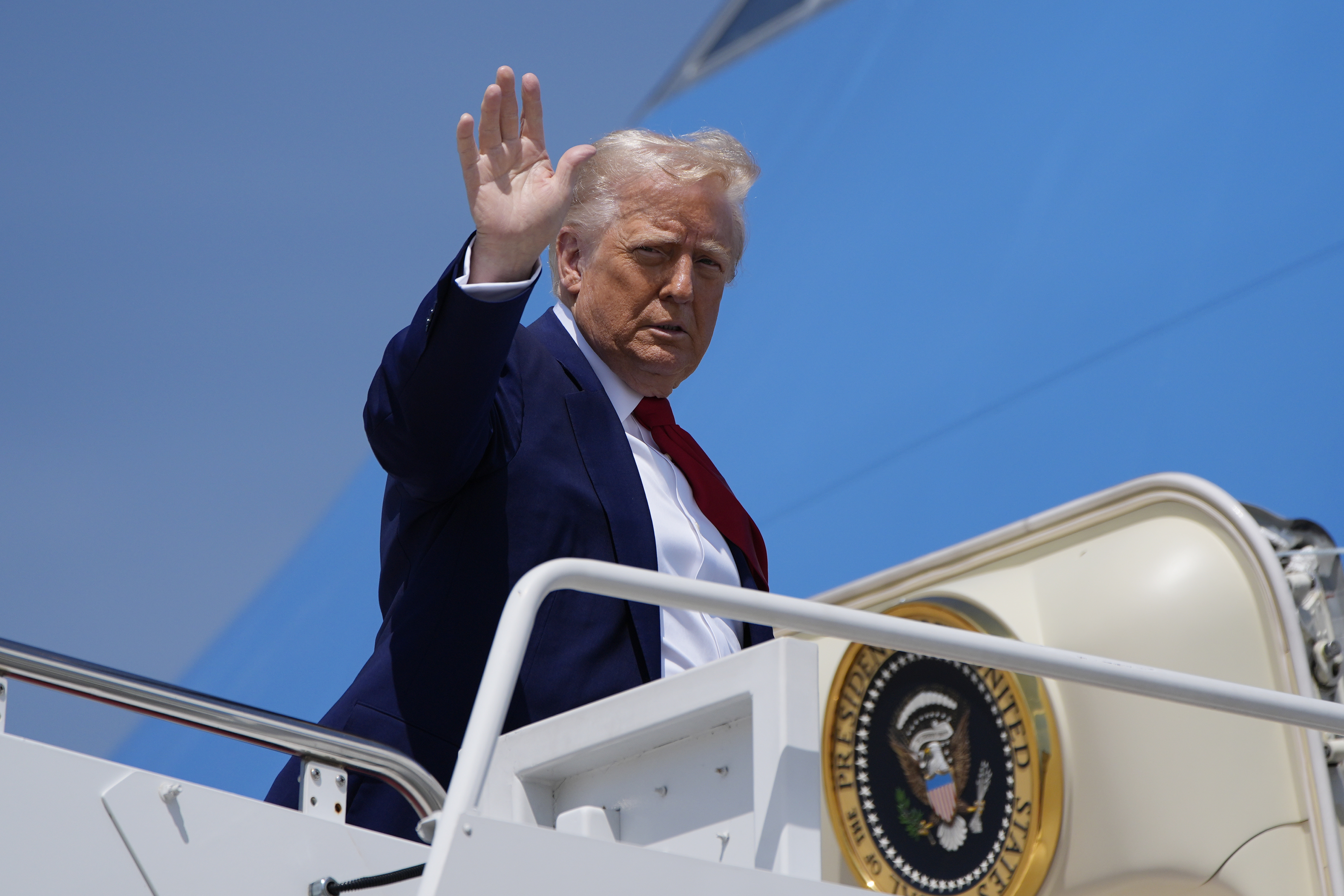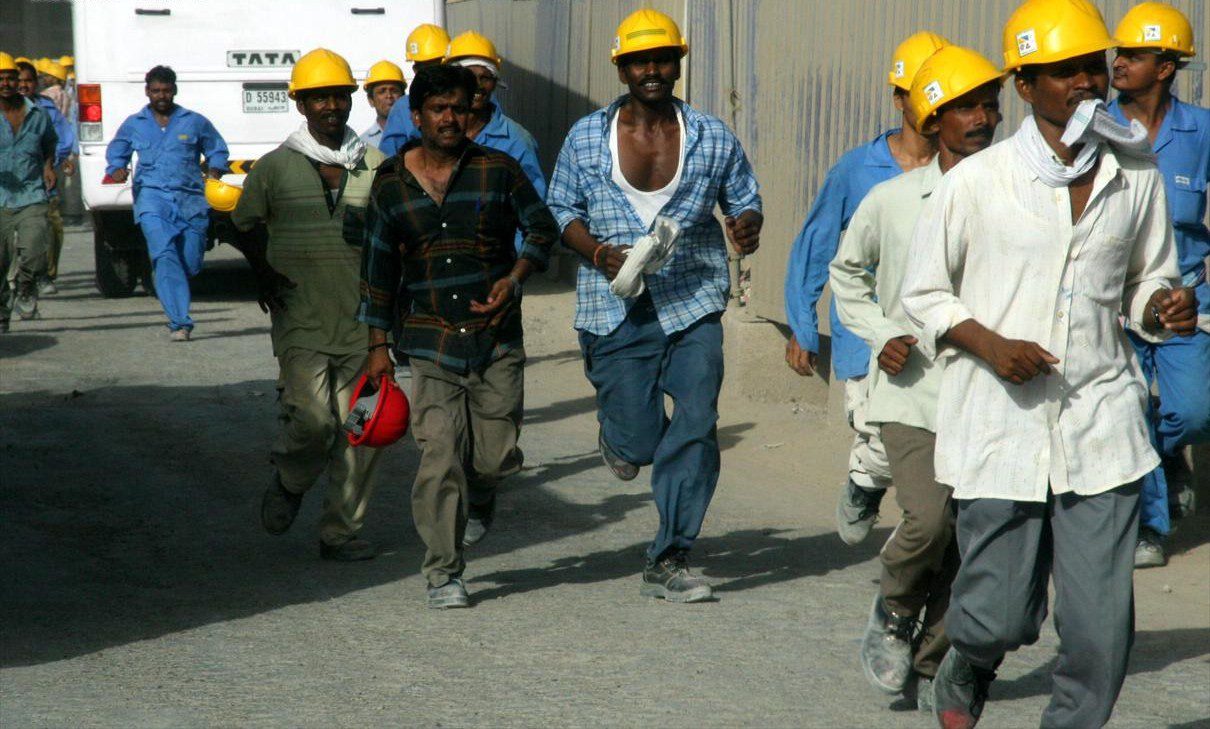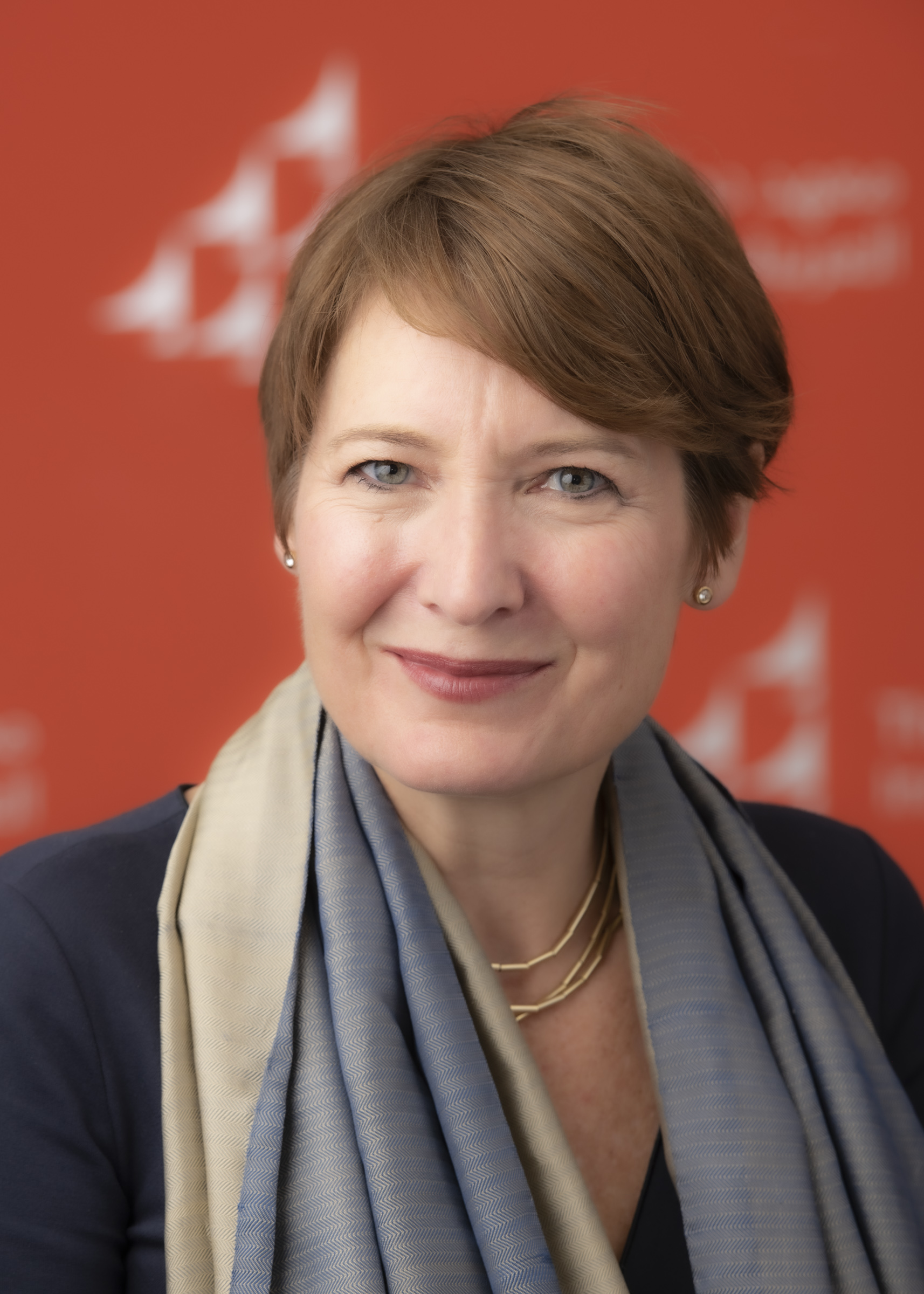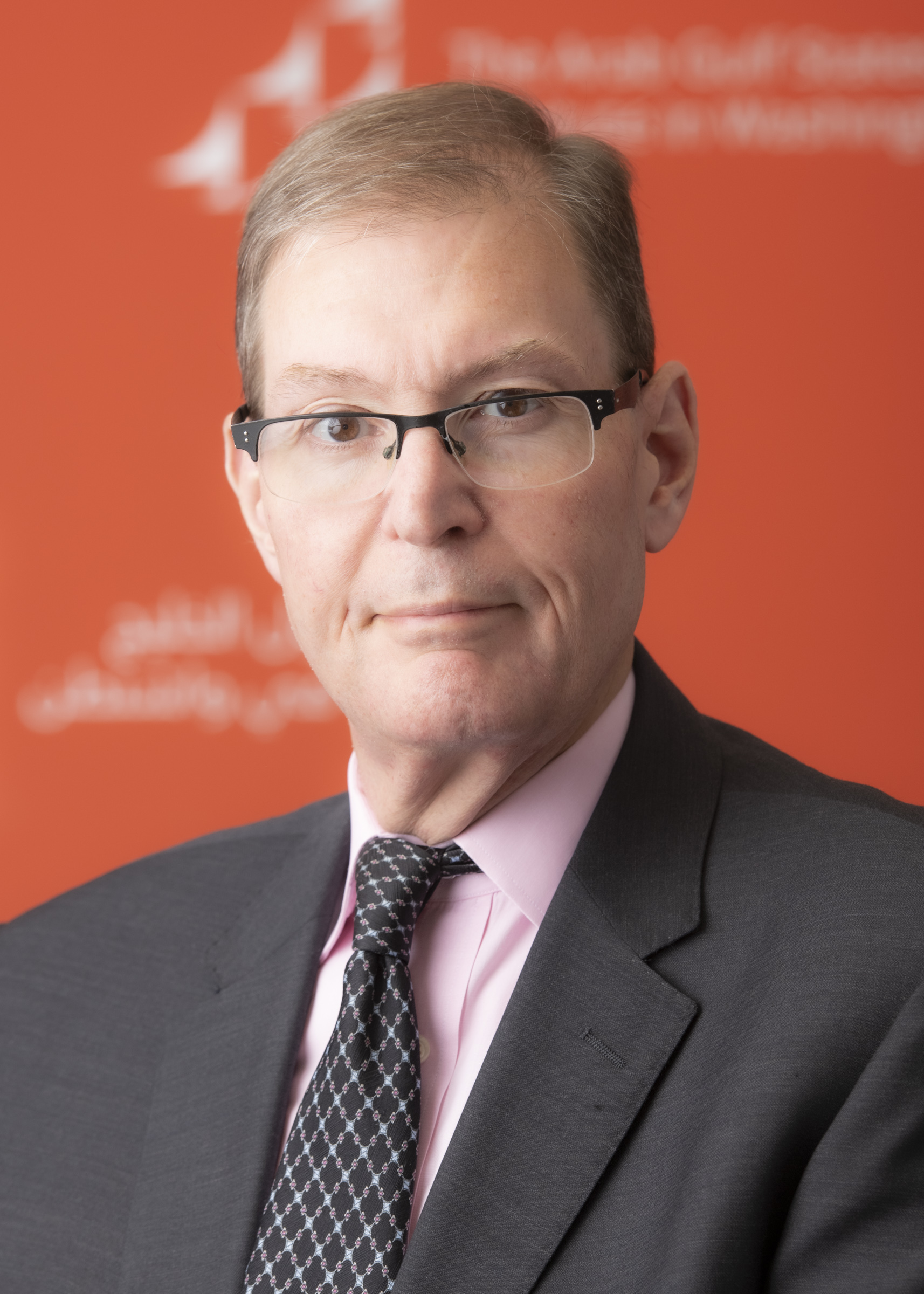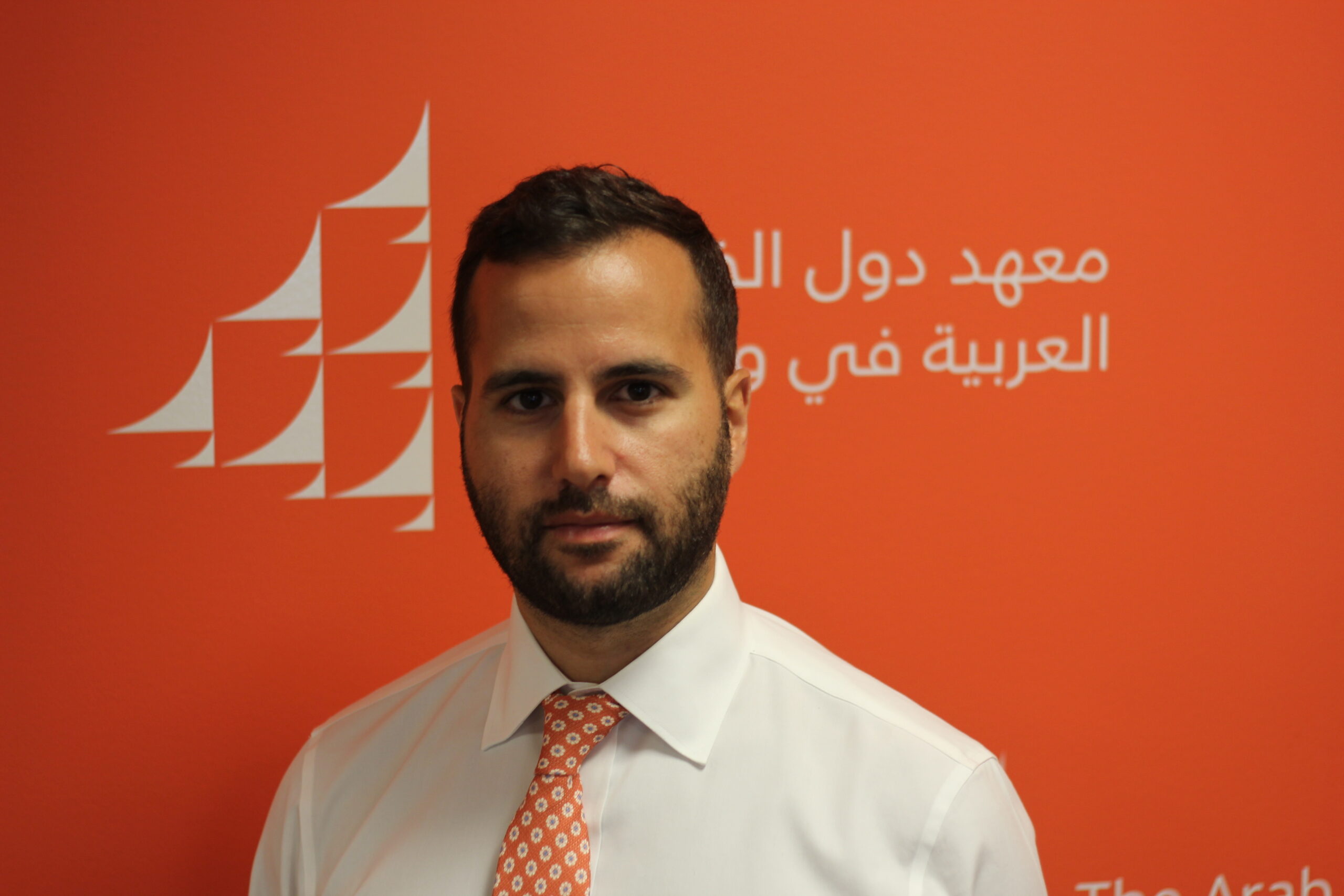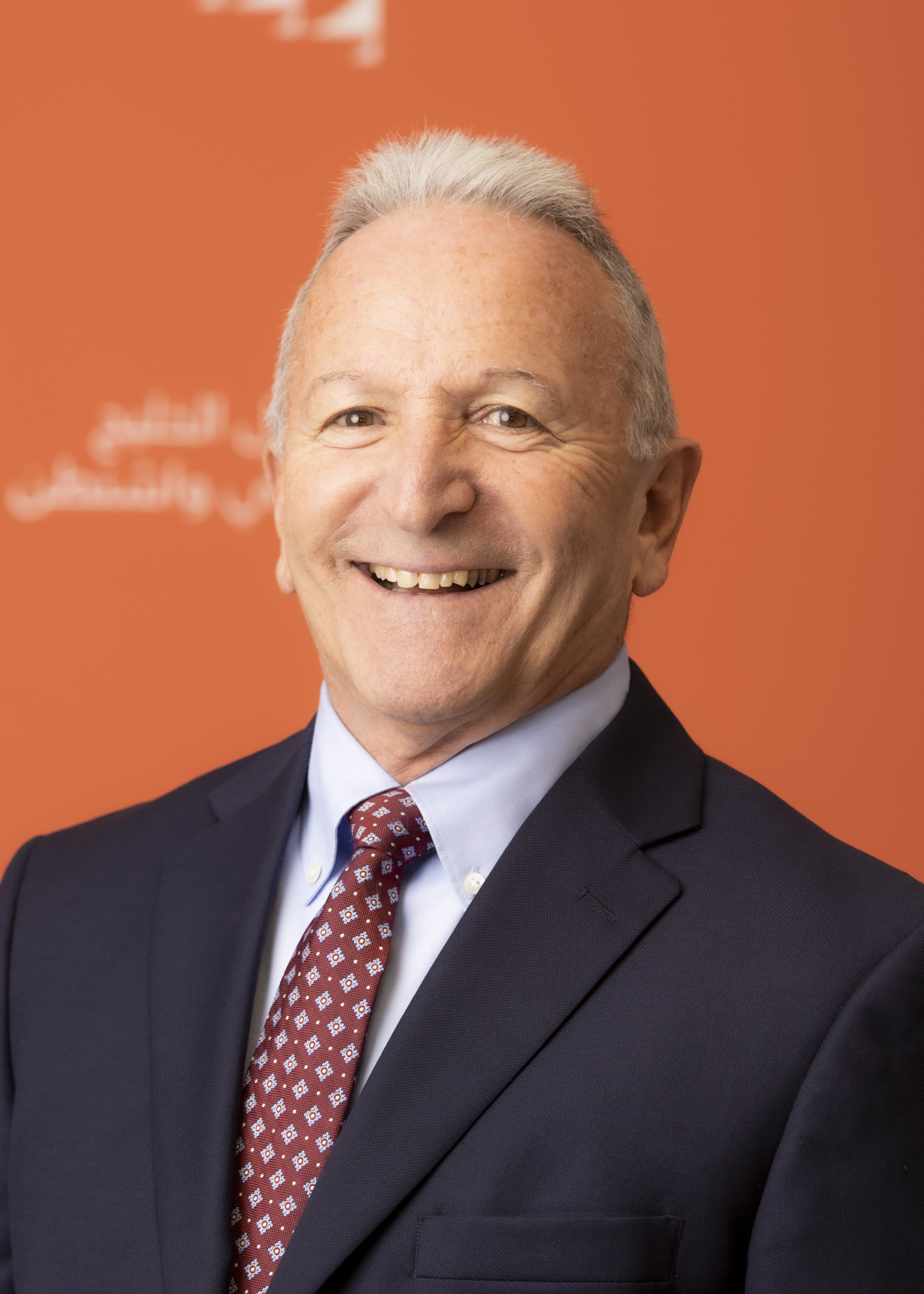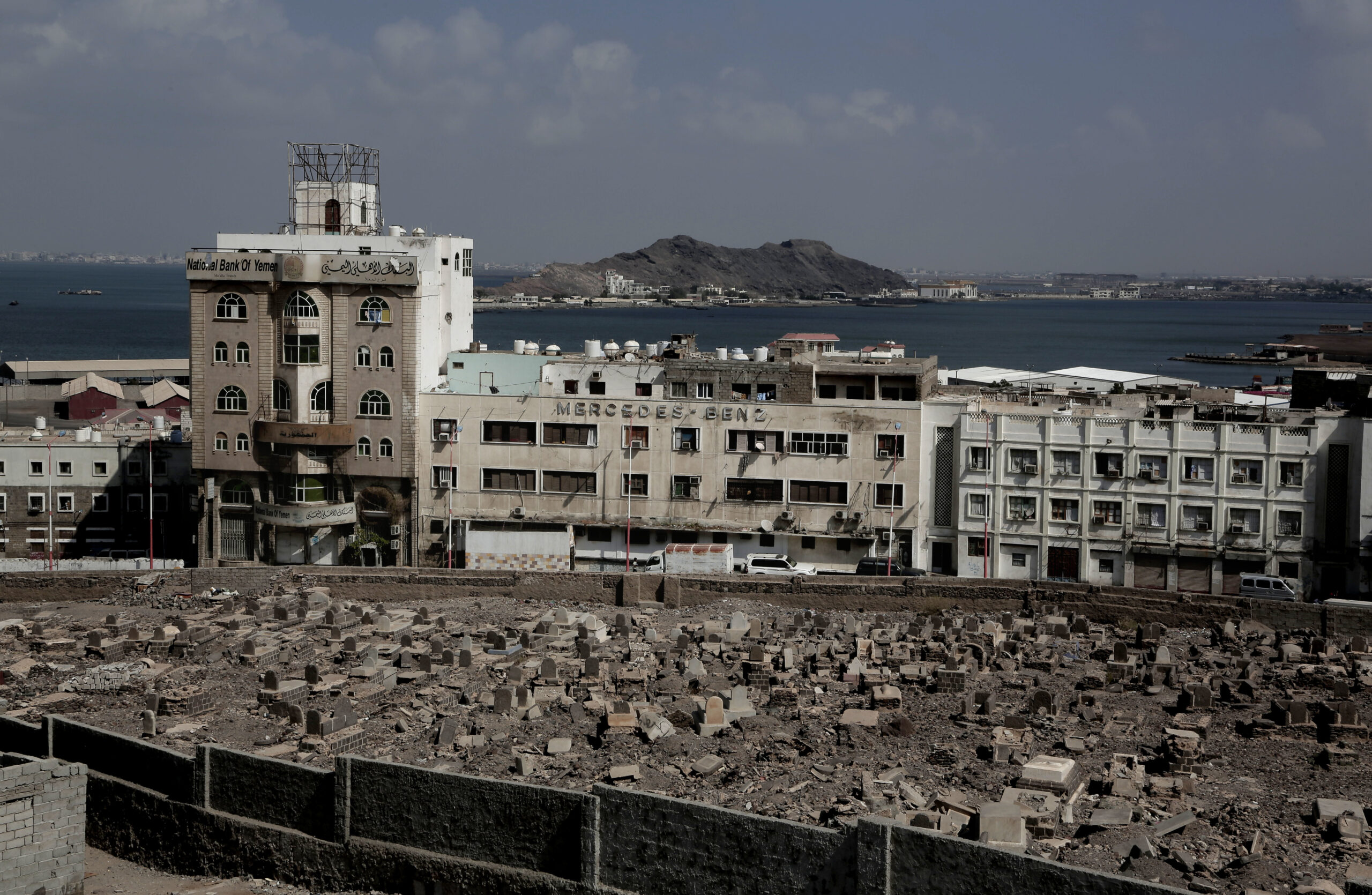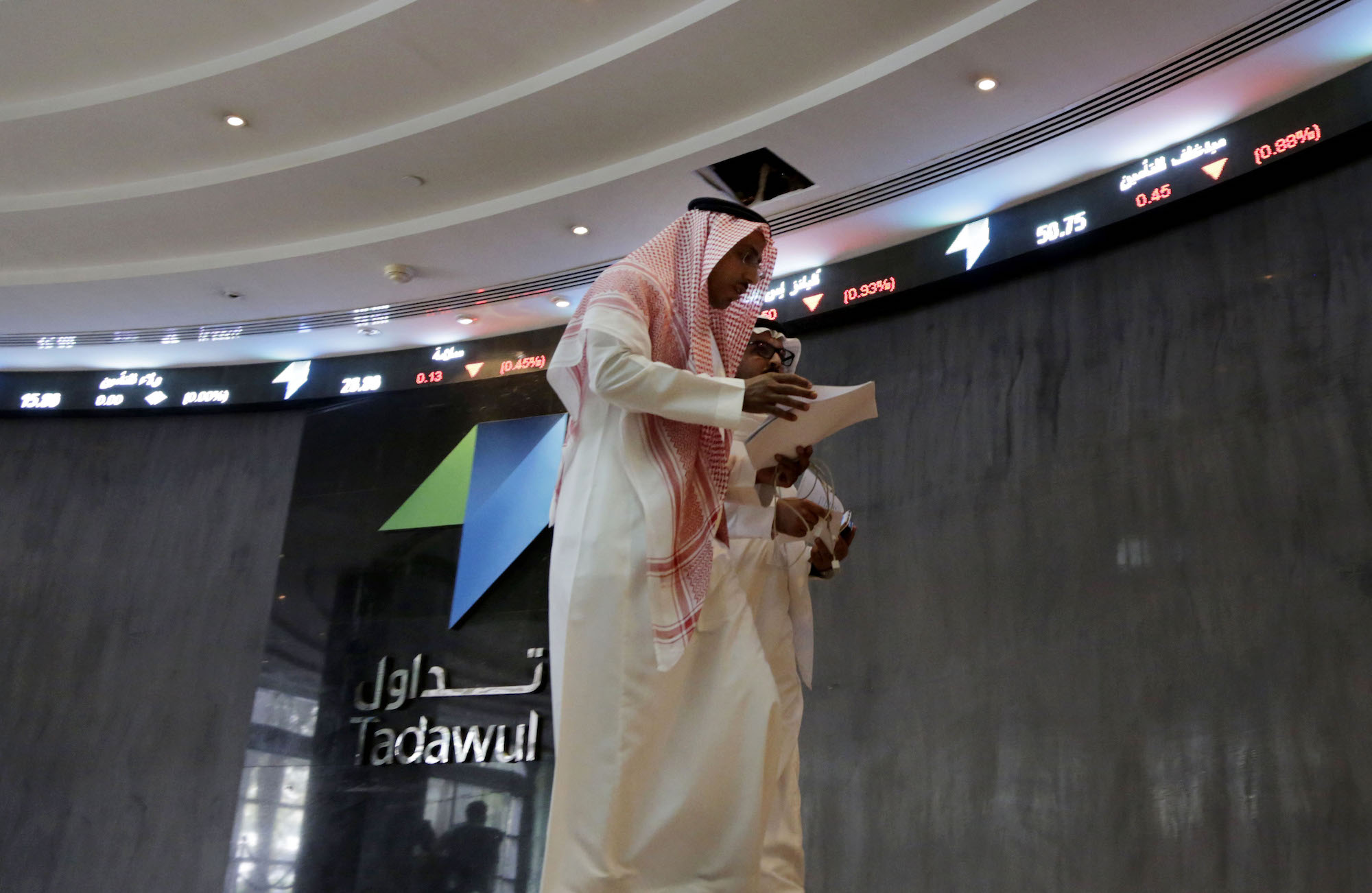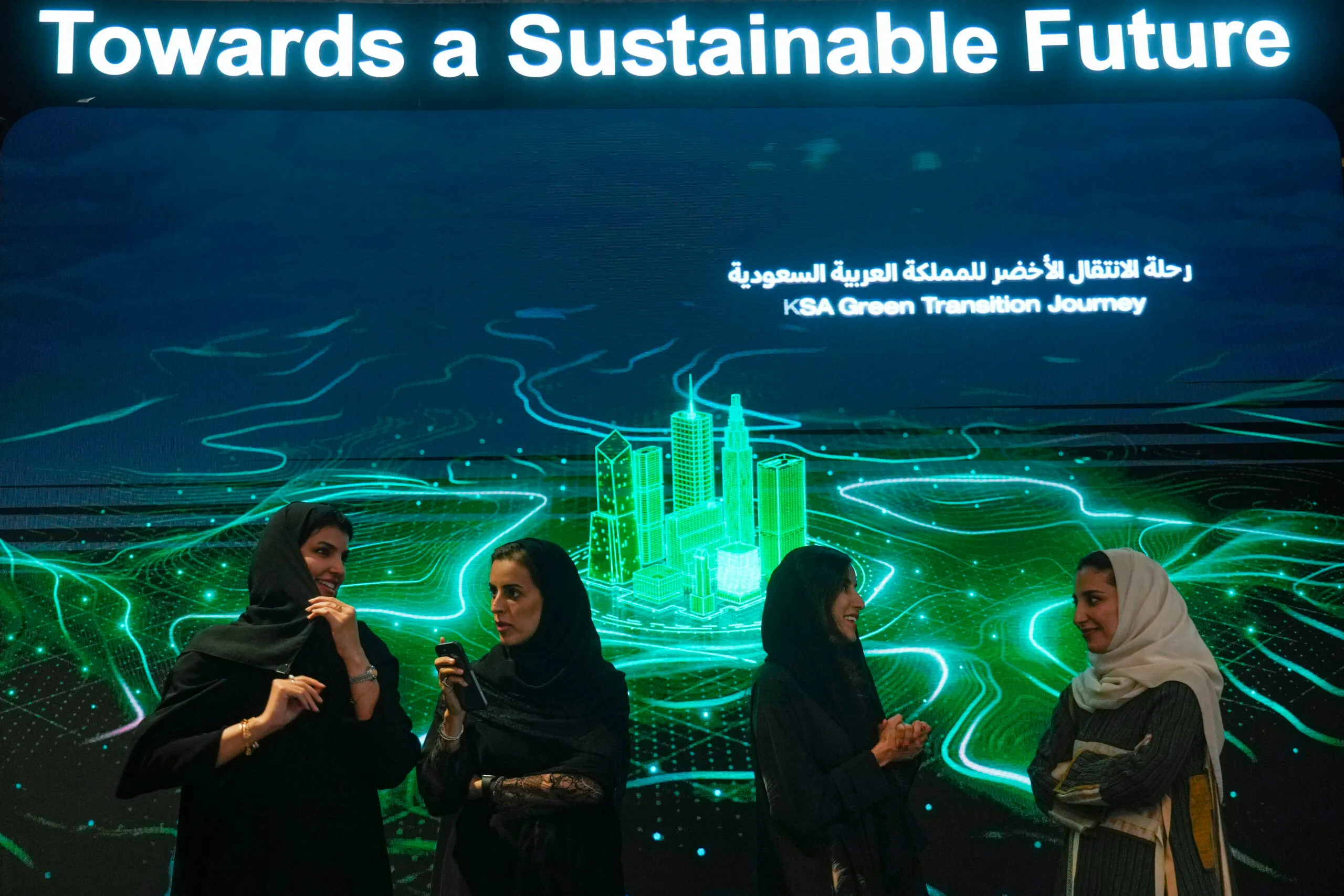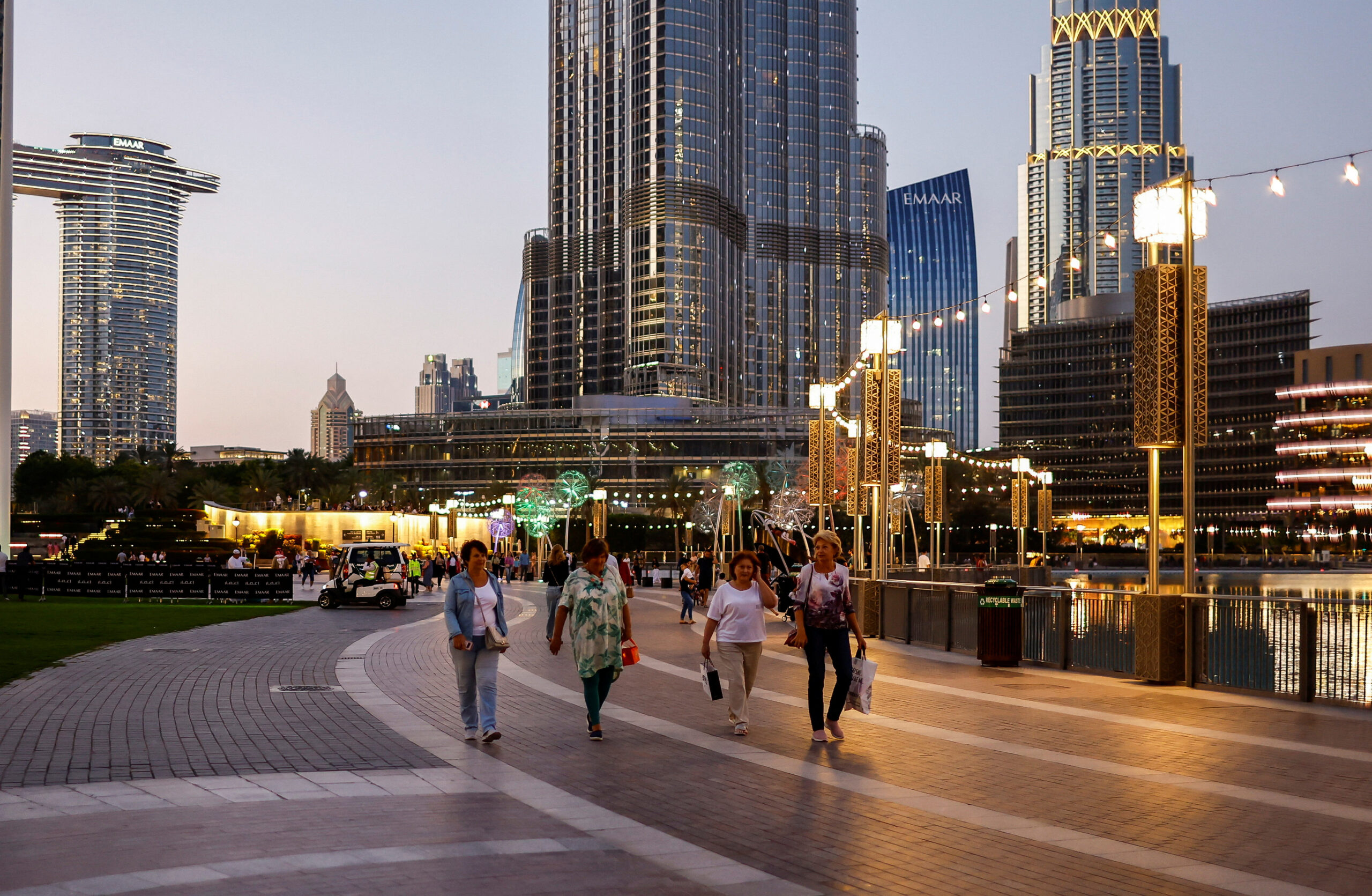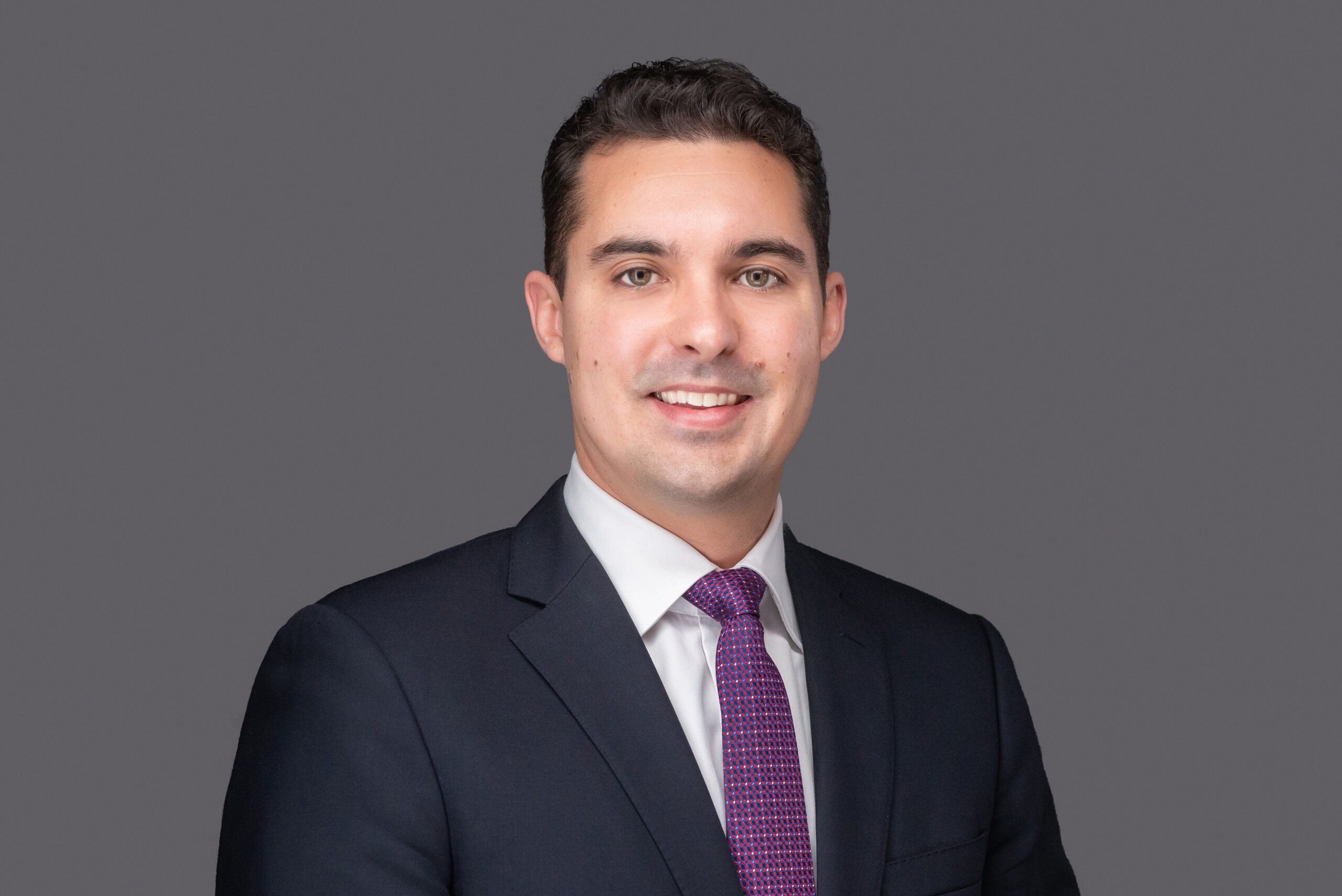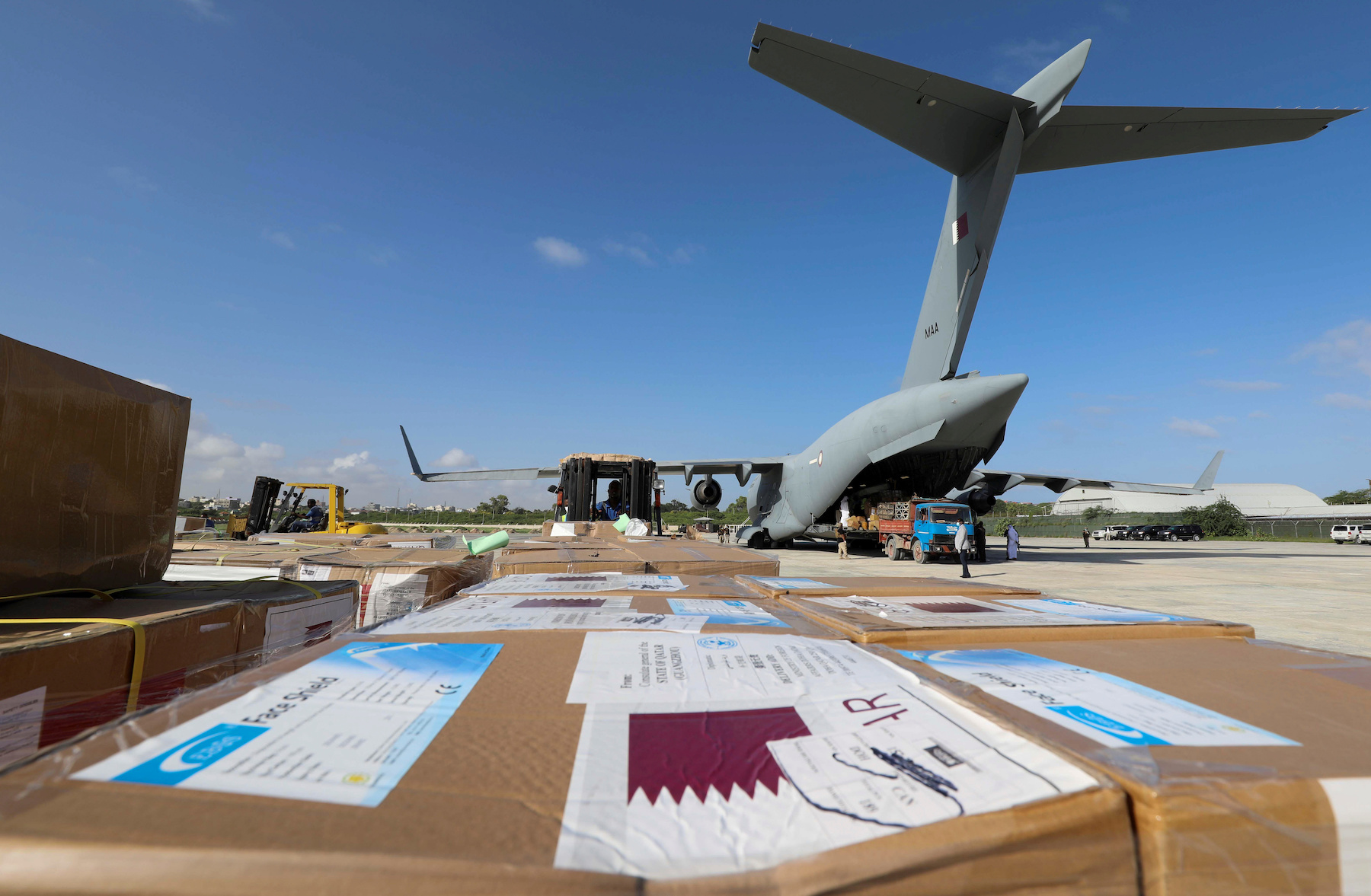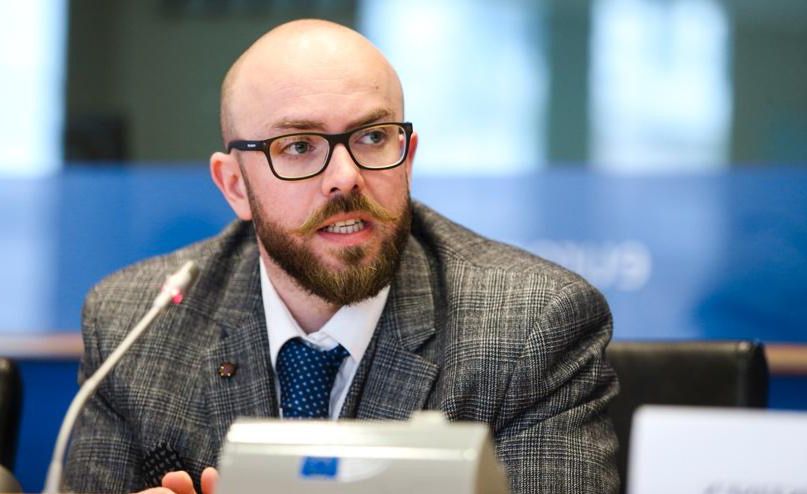Nov 24, 2015
Market Watch: Gulf States’ Fiscal Situation Accelerates Consensus for Economic Reform
The Gulf economic model has historically envisioned the state as an engine of growth, a source of employment, and as a provider of a range of social and economic benefits, including healthcare, housing, subsidized energy, and free education. Oil exporting economies of the Arab Gulf states privilege citizens as part of a social contract that...
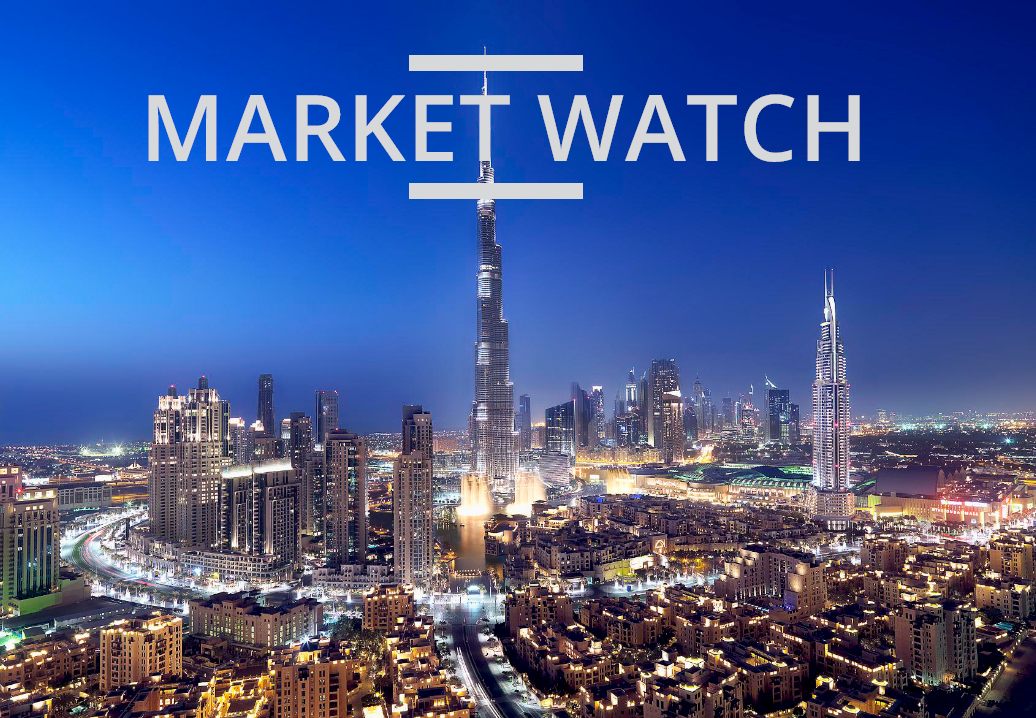
The Gulf economic model has historically envisioned the state as an engine of growth, a source of employment, and as a provider of a range of social and economic benefits, including healthcare, housing, subsidized energy, and free education. Oil exporting economies of the Arab Gulf states privilege citizens as part of a social contract that limits political voices and representation in exchange for this generous welfare state. The provision of public goods, particularly the precious commodities of water and electricity, have been consistently subsidized in the Arab Gulf states.
The current fiscal climate, in which all of the GCC states face deficits due to declining oil and gas revenues, is enabling a new consensus for economic reform. The social contract may not be changing outright, but there is a negotiation taking place that reflects a focus of both Gulf society and leadership on prioritizing economic efficiency. This is a shift in both governance and economic development policy for Arab Gulf states, a major change for political analysts and investors to watch.
There are two mechanisms Gulf states are considering to conserve the expense of energy and water: privatization and reduction of subsidies. These are not completely novel considerations for the Arab Gulf States. Privatization of utilities, especially water, began in the late 1990s through local joint ventures between state-owned entities or state-related entities and private companies, often in Build Operate Transfer (BOT) schemes. Abu Dhabi launched the first Public Private Partnership (PPP) in the GCC water sector in 1999 with the creation of the Abu Dhabi Water and Electricity Authority (ADWEA).
According to Laurent Lambert, 95 percent of the desalinated water in Abu Dhabi was produced through PPPs by 2010. In the 1970s, water was free to all households in Abu Dhabi, but by the early 1990s, also in a time of depressed oil prices, non-nationals were made to pay for water. The current pricing for water is bifurcated between costs to Emirati nationals (highly subsidized) and non-citizen residents. In Kuwait, water prices have been fixed for both nationals and non-nationals at the same increasingly subsidized rate for forty years. In Bahrain, this week the government is negotiating with members of parliament to remove both water and electricity subsidies to non-nationals and private sector businesses.
Arab Gulf states are amending laws on lending and forming PPPs to encourage private investment in utilities and infrastructure projects. Starting in 2014, new laws in Dubai and Kuwait granted ownership stakes in and revenues from assets to investors who fund origination costs for these kinds of infrastructure and utility projects. In 2005, an Omani decree went into effect to encourage privatization by separating responsibility for electricity generation from the Ministry to new entities that focus on generation and distribution of power. Privatization schemes in this mechanism can keep the procurement of power in the hands of the state, but privatize the generation and transmission of power to PPP entities.
In Saudi Arabia, public sector entities, including the Saudi Electricity Co., are using Islamic bonds (sukuks) to fund new plant construction. The issue has been that states are confined by local Islamic law from extending interest payments to investors and in return, creating a source of collateral (in land or assets owned by the state) that can be dispersed in the event of bankruptcy or failure of a project. Saudi Arabia has also announced the privatization of its airport in Jeddah, following the successful privatization of Medina airport in a 25 year concession (Build Transfer Operate) led by Turkish holding group Havalimanlari in exchange for $1.2 billion.
In Qatar, economic reform and privatization have been included in an overall vision of good governance, according to the Emir’s address to the 44th session of the Advisory Council early in November. As reported in the Qatar Peninsula, Emir Sheikh Tamim bin Hamad al Thani stressed the need to diversify the economy and to limit the state’s competition with the private sector, including “subsidies for a number of these companies be ceased, and some to be privatized, and management of some be transferred to the private sector, and government corporations and companies not to compete with the private sector, and opportunities for this sector to implement government projects be enforced.”
The reform of the legal and financial sectors across the Gulf states has been underway before the current fiscal pressure heightened. That reform process is now gaining momentum, underlining the pressing need for a more efficient and flexible kind of state-led growth.
The views represented herein are the author's or speaker's own and do not necessarily reflect the views of AGSI, its staff, or its board of directors.



